Today’s e-commerce business is more challenging and competitive than ever. As more consumers and businesses rely on online platforms for their purchasing needs, ensuring product quality and compliance with regulations becomes significant. One essential document that plays a significant role in this regard is the Certificate of Conformance (CoC).
In this article, we will take a deep dive into the fascinating world of e-commerce, where one little document can weave trust and confidence between buyers and sellers. You’ll learn about the importance, main components, and other crucial factors of this document. Most importantly, you’ll learn how to get this certificate for your products.
Without further ado, let’s discover the power of this small but mighty piece of paper!
What is a Certificate of Conformance?
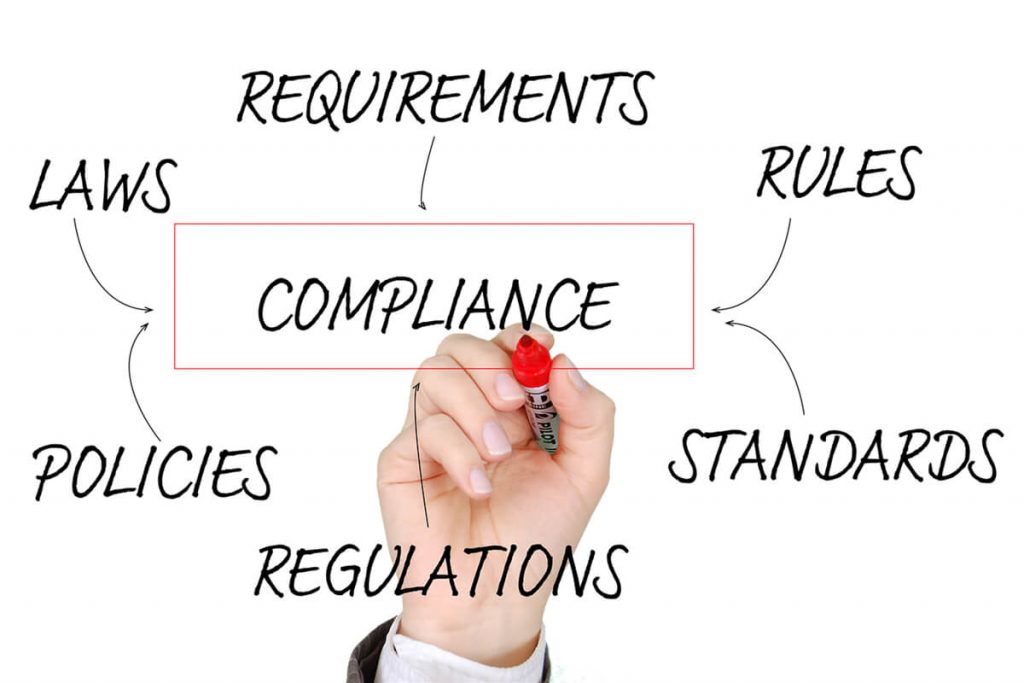
A Certificate of Conformance is a formal statement issued by a seller, manufacturer, or a third-party certifying agency, affirming that a product meets specific standards, specifications, or regulatory requirements.
It serves as proof that the product is of the required quality, safe to use, and complies with relevant industry standards or legal mandates.
You may also encounter different names for this document, including the CoC (Certificate of Conformity) and GCC (General Certificate of Conformity), depending upon the region. But they all serve the same purpose.
This certificate is a piece of paper with the details of a specific product filled in, signed, and stamped by the manufacturer.
Certificate of Conformance in Ecommerce
In e-commerce transactions, a Certificate of Conformance is often provided to the buyer as part of the product documentation.
It not only assures customers of the product’s quality but also helps build trust and credibility in the marketplace.
Through this document, both consumers and businesses gain confidence in the products they purchase, knowing that they meet the necessary standards and comply with applicable regulations.
Components of a Certificate of Conformance
A certificate of conformance may be a complex document with every detail of the product or a simple document with selected information.
Most Certificates of Conformance typically contain several crucial components to provide clear and comprehensive information about the product’s conformity.
These components may include the following:
Identification of the issuing party
The CoC must clearly identify the entity responsible for issuing the certificate. This could be the e-commerce seller, the product manufacturer, or an accredited third-party certifying agency. Including the issuing party’s name, contact details, and any relevant certifications adds credibility to the document.
Identification of the recipient
The CoC should specify the name and details of the buyer or the recipient of the product. This ensures that the certificate is uniquely associated with a particular transaction and provides a reference point for any future inquiries or concerns.
Product details
The certificate must include precise information about the product, such as its name, model number, and description. Additionally, technical specifications, performance characteristics, and any specific features that make the product complaint should be outlined in detail.
Product testing methods used
The CoC details the testing methods employed to determine the product’s conformity. It may also mention the testing labs and technologies used in the evaluation process.
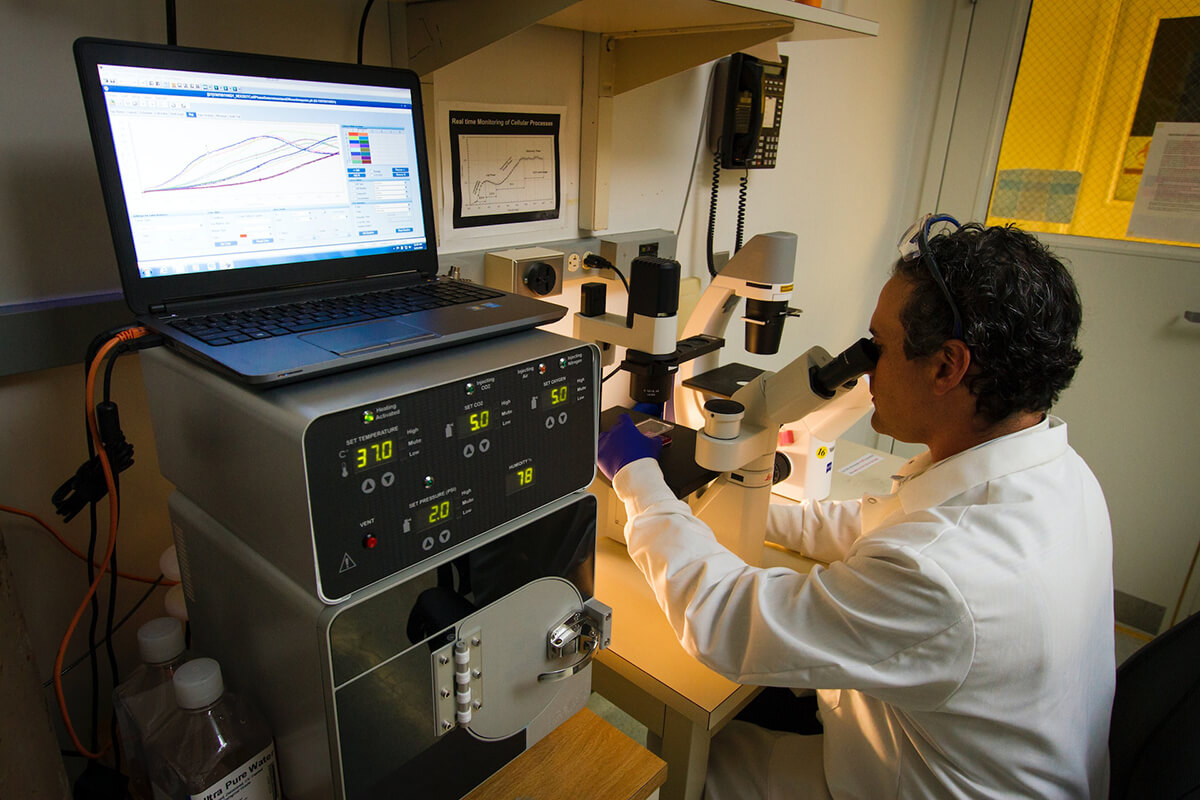
Date of issue and validity period
A Certificate of Conformance should clearly state the date of issuance. If applicable, an expiration or validity date should also be provided. This helps in monitoring the time period of the certificate and ensures that products have been recently tested with the latest standards.
Signatures and authentication
To enhance the document’s integrity and validity, digital signatures of authorized personnel from the issuing party are often included. These signatures may be encrypted to prevent tampering or forgery, ensuring that the certificate is genuine and trustworthy.
Importance of Certificate of Conformance in E-commerce Transactions
The Certificate of Conformance (CoC) holds immense importance in e-commerce transactions. It assures product quality and safety by ensuring compliance with industry standards.
By providing a valid CoC, sellers build trust with customers and businesses, demonstrating transparency and accountability.
Assuring product quality and safety
The primary purpose of a CoC is to ensure that products meet relevant quality and safety standards.
By having a valid Certificate of Conformance, buyers can have confidence that the product has undergone necessary testing and inspections to ensure its compliance with industry regulations and requirements.
This minimizes the risk of receiving faulty or substandard products, promoting customer satisfaction and loyalty.
Building trust with consumers and businesses
In the highly competitive e-commerce landscape, establishing trust with customers is vital. With thousands of online businesses popping up every day, it is difficult for customers to trust the newly born businesses.
By providing a Certificate of Conformance, sellers demonstrate their commitment to transparency and accountability.
Customers are more likely to make informed decisions when they have access to essential product information, resulting in improved trust and positive reviews for the seller.
Legal implications and regulatory compliance
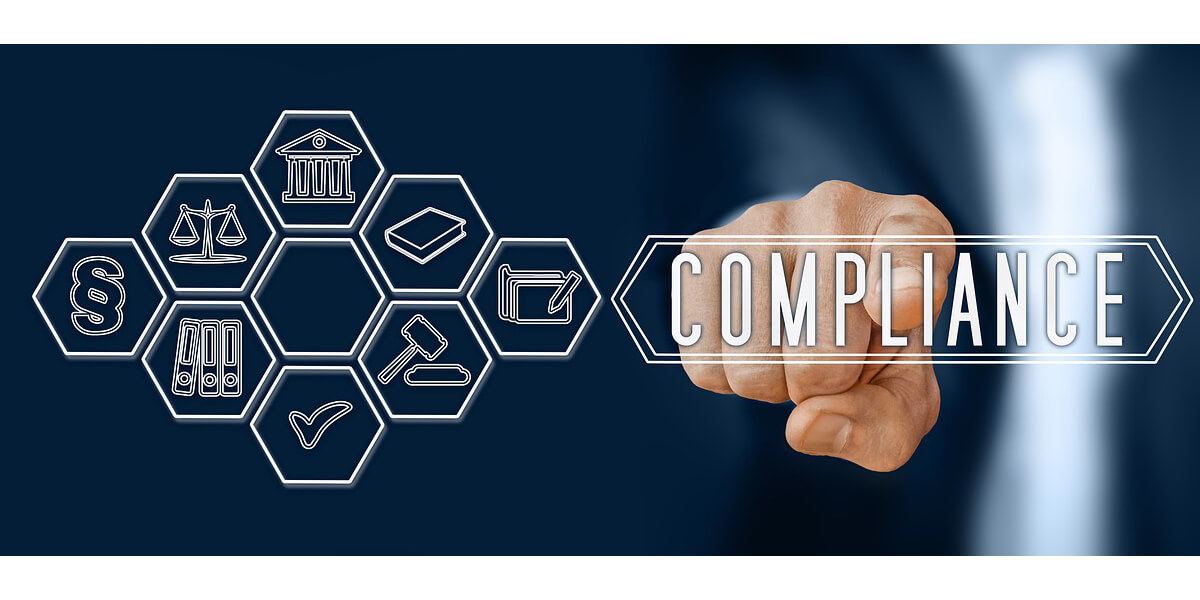
In some cases, a Certificate of Conformance may carry legal implications. It can serve as evidence of the product’s compliance with relevant laws and regulations.
Some regions may also make it mandatory for imported products to comply with the required standards before they can be sold.
For example, the EU has CE and GCC certificates in place to ensure the eligibility of the products to enter their markets.
You may also have to provide these certificates during the import clearance of your goods. Shipments with proper certifications clear customs and import processes earlier.
Failure to provide accurate or valid certificates may lead to legal consequences, fines, or penalties. Therefore, sellers and manufacturers must ensure the CoCs they issue are accurate and up-to-date.
Brand Reputation and Competitive Advantage
Customer reviews and feedback can provide insights into the role of CoCs in building trust and influencing purchase decisions. Positive customer experiences with compliant products and transparent certifications can enhance brand reputation.
Moreover, such certificates give your business leverage over your competitors. Consumers prefer ordering products that are tested for safety and other parameters.
That’s why certificates like CoC help build a positive image of your brand and give you a huge competitive edge.
Avoids Counterfeit Products
You may have noticed that a lot of copies or counterfeit products are offered as soon as a specific product becomes popular.
Customers are also confused about the authenticity of the product, as they don’t know how to check if the product is genuine or not.
If you have bought genuine items at a higher price, it would be difficult to compete with counterfeit sellers.
A Certificate of Conformance avoids selling fake or counterfeit products, as they would not have a certificate of conformance to prove their originality.
How to Get a Certificate of Conformance for Your Products?
There are several ways to obtain a Certificate of Conformance for your products.
Let’s discuss some of them below:
Check with Your Supplier
If you are a retailer or distributor, one of the most straightforward ways to obtain a Certificate of Conformance is by requesting it from your supplier.
Reputable suppliers typically conduct the necessary testing and verification processes to ensure their products meet industry standards and regulatory requirements.
They should be able to provide you with the relevant documentation, including the CoC, which affirms that the products comply with the necessary standards.
Government-Approved Bodies
For certain products, especially those with potential safety implications, regulatory approval from government agencies may be required before they can be sold in the market.
These government-approved bodies perform thorough evaluations of the products to ensure they meet safety and quality standards and are certified for common use.
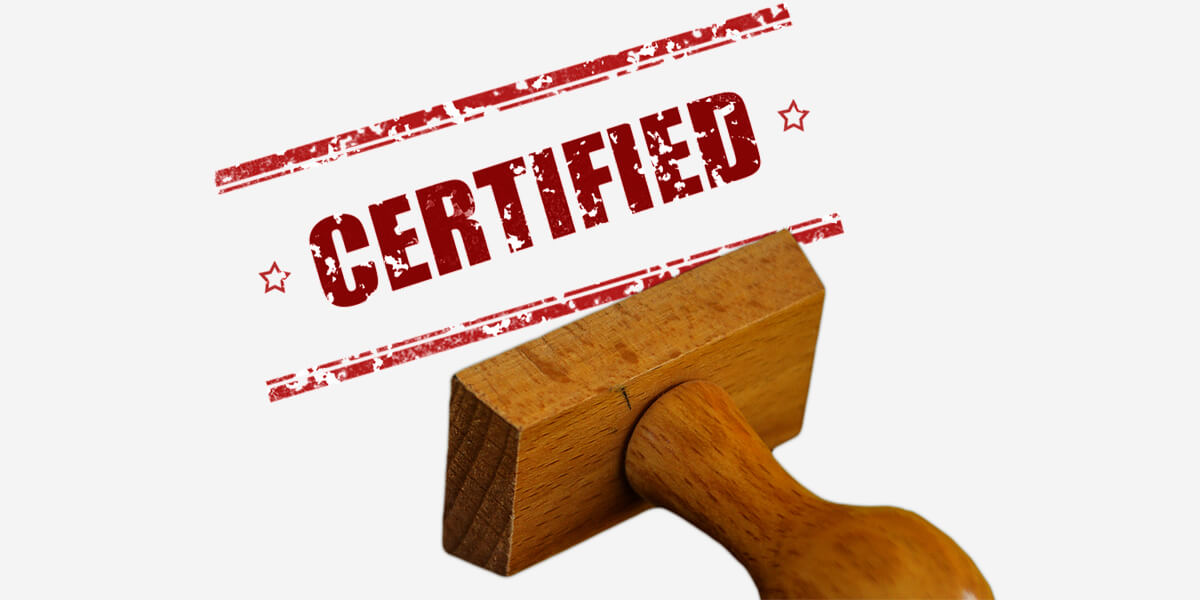
These agencies issue the Certificate of Conformance, which serves as proof that the product has undergone the necessary scrutiny and is compliant with applicable regulations.
The names of these government-approved bodies vary from country to country and depend on the specific product category.
Independent Third-Party Labs
For an objective and impartial evaluation of product conformity, independent third-party testing laboratories come into play.
These labs are not affiliated with the manufacturer or supplier, ensuring unbiased assessments. They conduct comprehensive testing and analysis to determine if the product meets the required standards.
Upon successful evaluation, they issue the Certificate of Conformance, which can give consumers and businesses added confidence in the product’s quality and safety.
Consult a Sourcing Agent
Navigating the process of obtaining a Certificate of Conformance can be complex, especially when dealing with international suppliers and manufacturers.
Sourcing agents can be valuable partners in this endeavor. They have experience and expertise in dealing with suppliers and can help you identify reputable ones who can provide valid CoCs.
These agents facilitate communication and negotiations, streamlining the process of obtaining the necessary documentation for your products. If you are importing products from China, you must know how to work with a China sourcing agent, so you can easily communicate your CoC requirements.
Role of Third-Party Certifications and Accredited Agencies
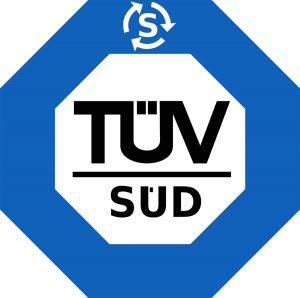
Third-party certifiers and accredited agencies play an integral role in assuring the quality, safety, and compliance of products.
The credibility they bring, along with international recognition and risk mitigation, elevates the status of certified products in the market.
By obtaining recognized certifications, businesses can build consumer trust, gain a competitive advantage, and demonstrate their commitment to excellence and responsible practices.
Benefits of using third-party certifiers
Third-party certifiers ensure objectivity and impartiality in the assessment of product conformity.
Unlike self-certifications, where sellers or manufacturers certify their products, third-party certifications add an additional layer of credibility as they are conducted by independent and accredited organizations.
Accredited agencies and recognized certifications
Various organizations offer certifications that are widely recognized in specific industries or regions.
For instance, the International Organization for Standardization (ISO) provides certifications such as ISO 9001 for quality management and ISO 14001 for environmental management.
Similarly, products sold in the European Union often require the CE mark, indicating compliance with EU health, safety, and environmental standards.
You must check which accredited agencies and organizations are authorized to certify products to be sold in your target market.
This will help you get the required certificate of conformance, as different regions may have different compliance requirements.
Verification process and audits
To maintain the integrity of the certification process, third-party certifiers conduct regular audits and inspections of the manufacturing processes and products.
These audits are usually conducted at various stages of production to ensure ongoing compliance. Buyers can verify the legitimacy of the certification by checking the certifier’s accreditation and reviewing their certification process.
Consider getting your products tested and verified by the bodies that provide online checking of product compliance.
In today’s digital world, it would be easier for your customers to check the conformity of the products online or by a QR Code than trust a piece of paper.

One good example in this regard is the Amazon Transparency program. Amazon has introduced the Transparency program where customers can scan the QR code on products to check if they have bought real or fake products.
You should also consider using such digital strategies to authenticate your products.
Challenges and Risks Associated with Certificate of Conformance
In the world of e-commerce, where product quality and compliance are paramount, the Certificate of Conformance (CoC) serves as a crucial assurance.
However, this important document also comes with its fair share of challenges and risks that demand careful attention and proactive measures.
Let’s explore some of the key challenges and risks associated with the CoC in e-commerce transactions.
Additional costs and sale prices
Certificates of Conformance do not come free of cost. You will notice a marginal difference between sourcing products with and without certifications.
So, you have to add the additional cost of certification into your business, so you can set your prices accordingly.
You may lose some orders from price-sensitive customers and may have to wait for the long-term benefits of these certificates.
Compliance with changing regulations
Industries and regulations evolve over time. Sellers and manufacturers must stay informed about the latest standards and requirements to ensure their products remain compliant.
Failure to keep up with these changes may result in invalidated certificates or non-compliance issues.
Potential legal disputes and liabilities
In cases where a product does not meet the claimed standards despite having a Certificate of Conformance, buyers may have legal recourse against the seller or manufacturer.
Additionally, e-commerce platforms may face legal challenges if they fail to verify the accuracy of the certificates provided by their sellers.
Counterfeit certificates and fraud
As with any important document, there is a risk of counterfeit CoCs. Fake sellers or manufacturers may forge certificates or misrepresent their products’ compliance to deceive buyers.
E-commerce platforms must implement robust validation processes to detect and prevent fraudulent claims.
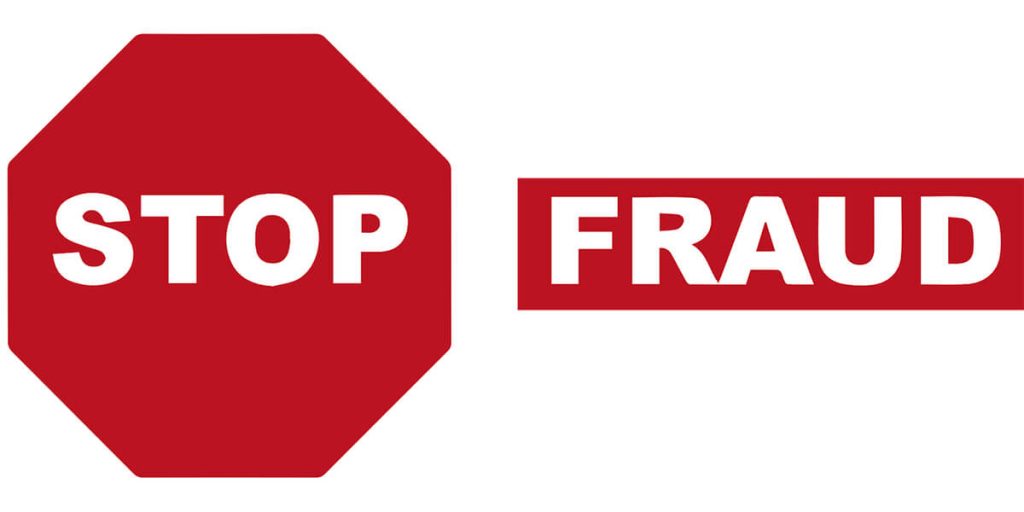
Scope of Certificate of Conformance in Future Ecommerce
As e-commerce continues to grow and evolve, the role of the Certificate of Conformance will become even more crucial.
Advancements in technology and regulatory frameworks will likely shape the future of CoCs.
Increased competitiveness and growing customer consciousness will also increase the demand for such conformance certificates.
Let’s discuss some of the most imminent possibilities of the certificates:
Integration with Emerging Technologies
As e-commerce platforms adopt new technologies like the Internet of Things (IoT) and Artificial Intelligence (AI), CoCs may incorporate data from these technologies to provide real-time updates on product performance and compliance.
Blockchain for Enhanced Security
Blockchain technology can revolutionize how CoCs are stored and verified. By using decentralized and immutable ledgers, blockchain ensures the authenticity and integrity of CoCs, reducing the risk of counterfeit certificates.
Global Standardization
The establishment of global standards for CoCs can streamline the certification process and enhance cross-border trade. Harmonizing regulations and requirements will simplify compliance for businesses operating in multiple markets.
Improved Accessibility for Small Businesses
Advancements in testing methodologies and the rise of affordable third-party certification services will make CoCs more accessible to small and medium-sized businesses, allowing them to compete in the global marketplace.
Personalized Consumer Experience
E-commerce platforms may use CoCs to provide consumers with personalized product recommendations based on their preferences for certified and compliant products.
FAQs about Certificate of Conformance
Here are some common questions and answers about the Certificate of Conformance (CoC) and its significance in e-commerce transactions.
What is the difference between a COA and COC?
The key distinction between a Certificate of Analysis (COA) and a Certificate of Conformance (CoC) lies in their respective purposes.
A Certificate of Analysis offers comprehensive test results for a particular batch of products, providing detailed information about their quality, composition, and properties.
On the other hand, a Certificate of Conformance certifies that the product consistently meets specific standards and regulations, ensuring its overall compliance and adherence to industry requirements.
What is the Link between a Certificate of Conformance and Product Certifications?
A Certificate of Conformance is closely linked to product certifications, but they are not the same.
While a CoC specifically attests to the conformity of a particular product, product certification is a broader process that involves evaluating and approving entire product categories or manufacturing processes.
CoCs are often required as part of the documentation for obtaining product certifications.
Can a CoC be used as a legal document in case of disputes or product issues?
Yes, A Certificate of Conformance (CoC) can have legal validity in some jurisdictions, serving as evidence in disputes or product issues.
It demonstrates product compliance with industry standards and regulations. To maximize its effectiveness, use reputable certifying bodies and maintain accurate records.
However, it is not a guarantee against all disputes, and buyers and sellers should exercise due diligence and seek legal advice when needed.
Which are well-known CoC issuing agencies?
When dealing with Certificate of Conformity matters, it’s essential to partner with internationally recognized agencies that have the approval of the destination country’s authorities.
Before selecting an agency, be sure to verify its acceptance with the relevant government bodies.
Here are some well-known certification agencies that can help ensure your products meet the required standards and regulations:
- Cotecna
- SGS (Societe Generale de Surveillance)
- Intertek
- TÜV SÜD
- UL (Underwriters Laboratories)
- NSF International
Working with any of these reputable companies will provide you with the assurance you need and build trust with your customers in the e-commerce marketplace.
How can buyers verify the authenticity and validity of a CoC when shopping online?
To verify a Certificate of Conformance (CoC) while shopping online, buyers should request and confirm the CoC directly from the seller or manufacturer.
They can also look for third-party certifications and accreditations displayed on the product listing. Researching the certifying organization’s reputation and accreditations adds further assurance to the CoC’s authenticity.
These steps empower buyers to make informed decisions and ensure product compliance with industry standards.
Which products require a Certificate of Conformance?
Products that require a Certificate of Conformance (CoC) are typically those that need to comply with specific industry standards, regulations, or safety requirements.
These can include electronic devices, medical equipment, machinery, electrical appliances, and products used in hazardous environments.
The CoC assures that these products meet the necessary quality and safety standards.
Conclusion
The Certificate of Conformance plays a critical role in the success and integrity of e-commerce transactions. It serves as a powerful assurance of product quality, safety, and adherence to industry standards and regulations. By providing CoCs, sellers can establish trust with customers and businesses, fostering transparency and accountability throughout the supply chain. This level of confidence leads to increased customer satisfaction and loyalty, driving the growth and success of online businesses.
As e-commerce continues to evolve, the importance of CoCs will continue to grow in the future. So, it is better to stay equipped beforehand rather than comply out of compulsion. With the implementation of CoCs, e-commerce platforms can elevate their reputations and provide a safer, more trustworthy environment for buyers and sellers alike.To ensure product compliance and enjoy the numerous benefits of CoCs in e-commerce, you can take the first step by filling out this inquiry form. By embracing the value of CoCs and recognizing their significance in the digital marketplace, you can pave the way for a more efficient, reliable, and customer-centric future for your ecommerce business.




